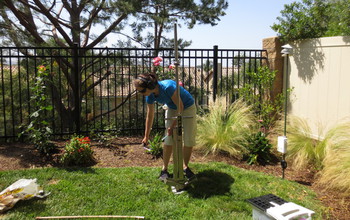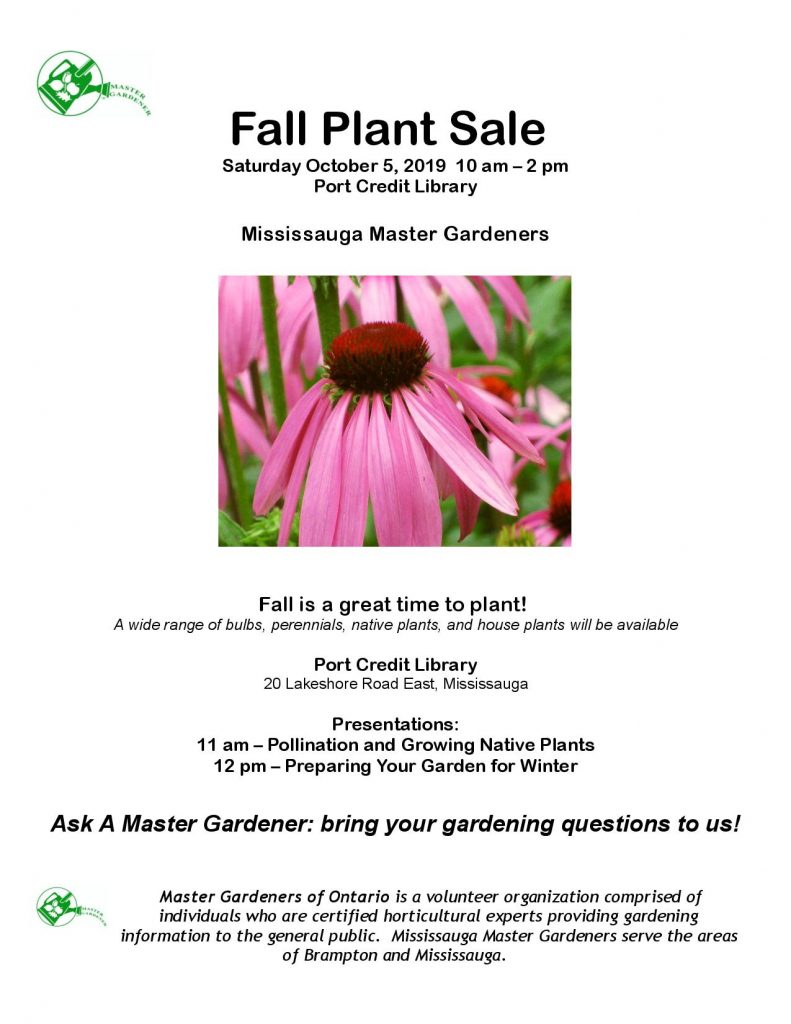
What is (garden) Soil?
Soil is so much more than dirt. Soil is a living ecosystem— a large community of living organisms linked together through nutrient cycles and energy flows. Every teaspoon of soil is home to billions of microorganisms — bacteria, fungi, nematodes, insects, and earthworms that play important roles.
And trying to improve the health of your garden soil is not as complicated as some people suggest. Let’s look at some of the important soil components.
Good soil needs to have organic matter. Organic materials are carbon-based compounds used by gardeners to help their plants grow. This includes compost, green manure, leaf mold, and animal manure. If your soil is sandy or has heavy clay, organic matter improves the structure of the soil and hence helps with water drainage. Organic matter also feeds the soil with microorganisms and insects, creating a good environment for soil microbes which eventually enhances a plant’s health and growth. Soil that is rich in organic matter tends to be darker and crumbles off of the roots of plants you pull up. A healthy, spread-out root system is also a sign of good soil.
Soil pH is another important factor that needs to be taken into consideration. Soil pH is the acidity or alkalinity of your soil. It’s a scale that runs from 0 to 14. A pH of 7 is neutral and if the number decreases from 7, the acidity increases and if the number increases from 7, the alkalinity increases. Plant nutrients become available or unavailable according to the soil’s pH level. The essential nutrients are most available to most plants at a pH between 6 to 7.5. Soil pH can be measured and altered as per one’s requirements.
Water and air are also important for good soil health. Roots and microbes need varying amounts of water and air and the microenvironments in the soil help with this. Soil compaction and disturbance disturb this balance and hence it is important to minimize soil compaction.
So, the next time when you are in the garden center trying to figure out which bags of soil to pick for your vegetable or ornamental garden, remember that you already have soil in your garden. All you might need to do is take a closer look at it and try to identify what it is missing. Feel the soil. Smell it. Get your hands dirty. You have to understand your soil before you start growing plants in it. And trust me its not that difficult. I am not an expert and I did it, so can you!
Mohan Iyer
Mississauga Master Gardeners
References
JOE LAMP’L– www.growingagreenerworld.com
Lee Reich- www.finegardening.com

 Pandemic is providing an opportunity to build better connections with our food by creating edible gardens.
Pandemic is providing an opportunity to build better connections with our food by creating edible gardens.








 MMGs enjoyed a great outing to Whistling Gardens this past weekend. It was cool & grey out, but the gardens made up for it with great displays of colourful peonies, well over 1000 varieties!
MMGs enjoyed a great outing to Whistling Gardens this past weekend. It was cool & grey out, but the gardens made up for it with great displays of colourful peonies, well over 1000 varieties!







